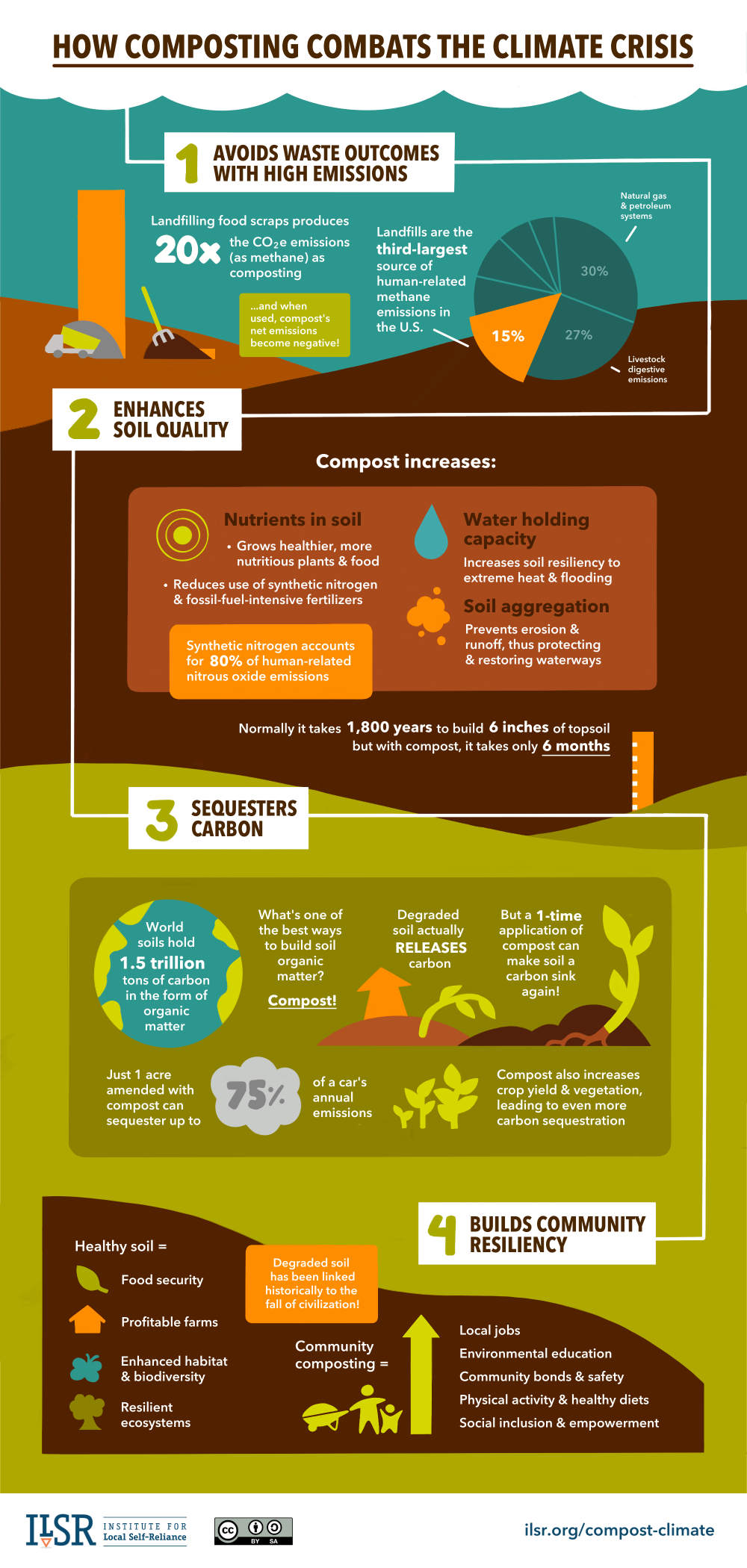Customer Service
(813) 274-8811
Contact Information
Larry Washington
Director
Solid Waste Department
4010 West Spruce Street Tampa FL 33607
Administration: (813) 348-1146
Hours of Operation: 7:30 a.m. to 4:30 p.m.
Monday through Friday
McKay Bay Scale House
114 South 34th Street Tampa, FL 33605
Mon., Tues., Thurs., Fri.
7am to 5:30pm
Wed. & Sat.
7am to 3:30pm
More Contact Info
